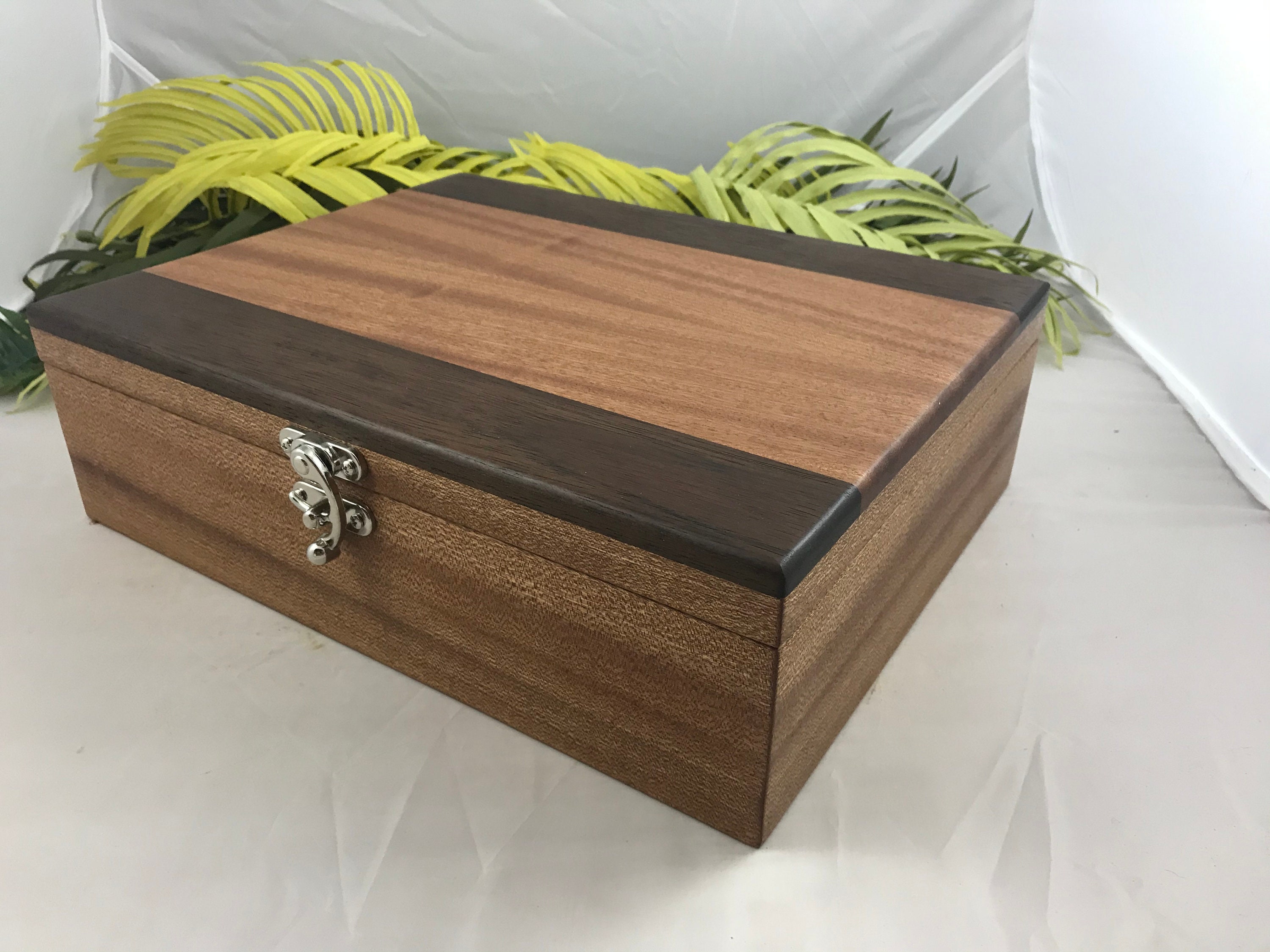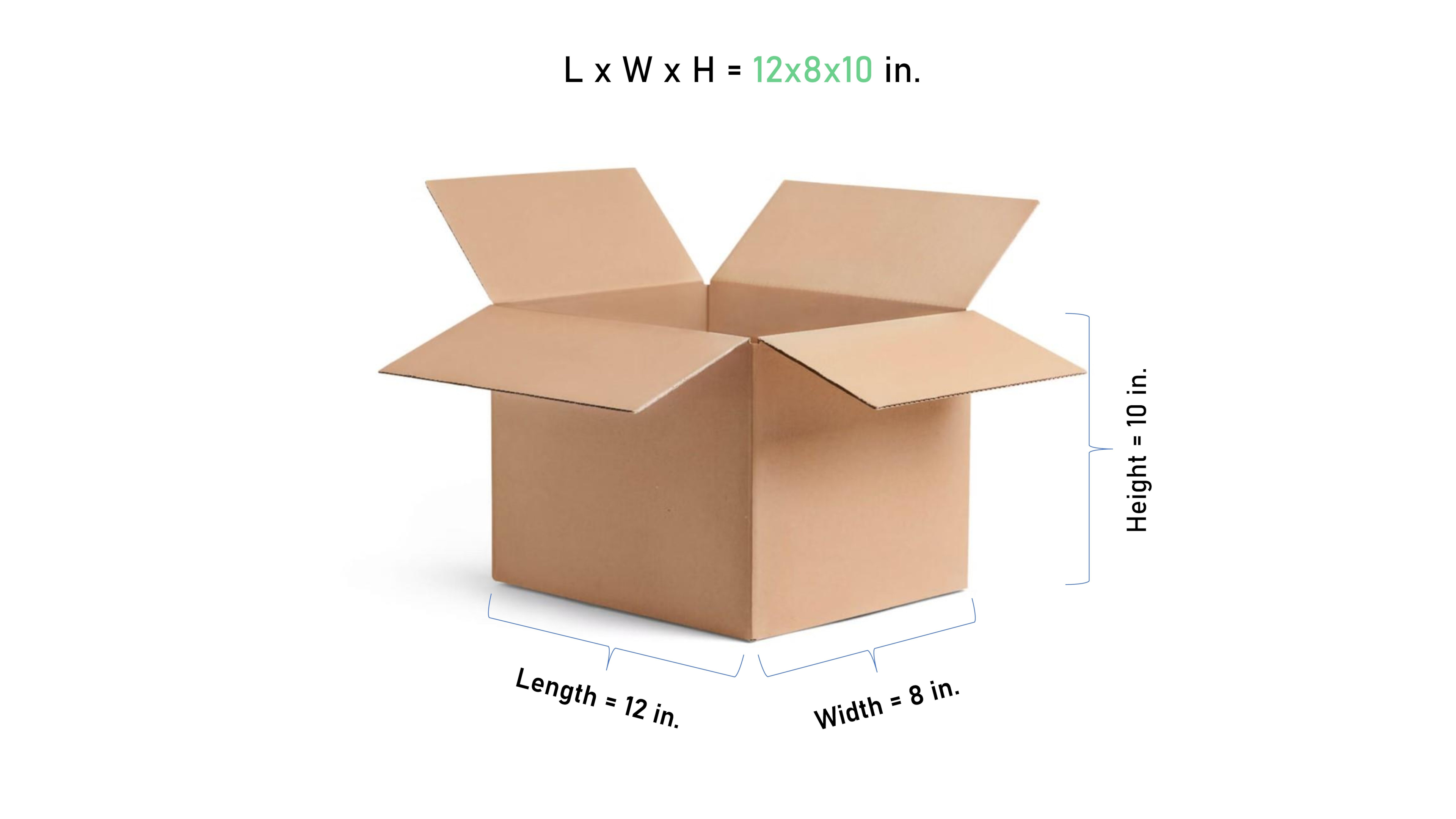The Ultimate Guide to Buying a Box Truck: Everything You Need to Know
Buying a box truck is a significant investment, whether you're expanding your business, starting a new venture, or simply need a reliable vehicle for hauling. The process can seem daunting, with many options, specifications, and considerations to navigate. This comprehensive guide breaks down everything you need to know, from understanding your needs to securing the best deal.
Okay, here's a comprehensive blog post about buying a box truck, designed to be informative, engaging, and SEO-friendly.
This isn't just another article rehashing basic information. We're diving deep, drawing on years of experience in the transportation and logistics industry to provide you with actionable insights and pro tips. We'll cover the critical aspects of box truck ownership, from assessing your needs and finding the right truck to financing, maintenance, and even maximizing its earning potential. Let's get started!
1. Defining Your Needs: The Foundation of a Smart Purchase
Before you even begin browsing listings, take a step back and define exactly what you need from a box truck. This crucial first step will save you time, money, and potential headaches down the road.
-
What will you be hauling? This is the most important question. Are you transporting furniture, appliances, perishable goods, or something else entirely? The type of cargo will dictate the size, weight capacity, and any special features you require. For example, transporting temperature-sensitive items necessitates a refrigerated unit ("reefer").

How much weight will you be carrying? Overloading a box truck is dangerous and illegal. Determine the maximum weight of your typical loads and ensure the truck's Gross Vehicle Weight Rating (GVWR) exceeds that number with a comfortable margin. GVWR includes the weight of the truck itself, plus cargo, passengers, and fuel.
-
What distances will you be traveling? Short local deliveries require different considerations than long-haul routes. Fuel efficiency, driver comfort, and maintenance requirements become more critical for longer distances.
-
What is your budget? Be realistic about how much you can spend. Factor in not just the purchase price, but also insurance, registration, maintenance, fuel, and potential repairs. Don't forget to include potential financing costs if you plan to take out a loan.
-
New vs. Used: A new truck offers the latest technology and a warranty, but comes with a higher price tag. A used truck can be more affordable, but requires careful inspection and might need repairs sooner. Weigh the pros and cons carefully based on your budget and risk tolerance.


2. Box Truck Types and Sizes: Finding the Perfect Fit
Box trucks come in a variety of sizes and configurations. Understanding these differences is crucial for selecting the right truck for your needs.
-
Class 3-7 Box Trucks: Box trucks are generally classified within the Class 3 to Class 7 range of commercial vehicles, based on their GVWR. This classification affects regulations, licensing, and insurance costs.
-
Common Box Truck Sizes:
- 10-12 foot: Ideal for small deliveries, moving small apartments, or catering businesses.
- 14-16 foot: A versatile size suitable for furniture delivery, appliance transport, and general hauling.
- 18-20 foot: Offers more cargo space for larger loads or longer routes.
- 22-26 foot: The largest common size, suitable for moving entire households or transporting large quantities of goods.
-
Body Types:
- Standard Dry Van: The most common type, suitable for general cargo that doesn't require temperature control.
- Refrigerated (Reefer): Insulated and equipped with a cooling unit to maintain a specific temperature. Essential for transporting perishable goods.
- Flatbed: Offers an open platform for hauling oversized or irregularly shaped items.
- Liftgate: A hydraulic platform at the rear of the truck that assists with loading and unloading heavy items. This is a great option to consider to improve efficiency and potentially lower worker compensation premiums.
-
Cab Configuration:
- Regular Cab: Seats two or three people.
- Extended Cab: Offers a small rear seating area for occasional passengers or storage.
- Crew Cab: Provides a full-sized rear seating area for multiple passengers.
3. Where to Find Box Trucks for Sale: Navigating the Market
Once you know what you're looking for, the next step is to find potential trucks. Several avenues exist, each with its own advantages and disadvantages.
-
Online Marketplaces: Websites like Commercial Truck Trader, TruckPaper, and eBay Motors offer a vast selection of new and used box trucks from dealers and private sellers. These platforms allow you to easily filter by size, type, price, and location.
-
Local Dealers: Working with a local dealer offers the advantage of personal service, expert advice, and the opportunity to inspect the truck in person. Dealers often provide financing options and warranties.
-
Auctions: Government auctions and fleet sales can be a source of discounted trucks, but be aware that these vehicles are often sold "as is" with no warranty. Thorough inspection is crucial before bidding.
-
Private Sellers: Buying directly from a private seller can sometimes yield a lower price, but it also carries more risk. You'll need to handle all aspects of the transaction yourself, including inspection, financing, and paperwork.
4. Inspection and Due Diligence: Avoiding Costly Mistakes
Before committing to a purchase, a thorough inspection is essential. This applies to both new and used trucks, although the focus will differ.
-
Visual Inspection: Check for signs of damage, rust, leaks, or wear and tear. Pay close attention to the tires, brakes, suspension, and exhaust system. Examine the box itself for any signs of damage, water intrusion, or structural issues.
-
Mechanical Inspection: Have a qualified mechanic inspect the engine, transmission, and other mechanical components. A pre-purchase inspection can reveal hidden problems that could cost you thousands of dollars to repair.
-
Review Maintenance Records: If available, carefully review the truck's maintenance records to identify any recurring issues or neglected maintenance.
-
Test Drive: Take the truck for a test drive to assess its handling, braking, and overall performance. Pay attention to any unusual noises or vibrations.
-
Check the VIN: Verify the Vehicle Identification Number (VIN) to ensure the truck's history is clean and that it hasn't been involved in any accidents or thefts. You can use online VIN lookup tools to access this information.
-
Title Verification: Make sure the seller has a clear title to the truck and that there are no liens or encumbrances.
5. Financing Your Box Truck: Exploring Your Options
Unless you're paying cash, you'll need to secure financing for your box truck. Several options are available, each with its own terms and conditions.
-
Bank Loans: Traditional bank loans typically offer the lowest interest rates, but they often require a strong credit history and substantial down payment.
-
Equipment Financing Companies: These companies specialize in financing commercial vehicles and equipment. They may be more willing to work with businesses that have limited credit history, but their interest rates may be higher.
-
Dealer Financing: Many dealers offer financing options, which can be convenient but may not always be the most competitive.
-
SBA Loans: The Small Business Administration (SBA) offers loan programs for small businesses, including those purchasing commercial vehicles. SBA loans often have favorable terms and longer repayment periods.
-
Leasing: Leasing can be an attractive option for businesses that want to avoid the upfront cost of ownership and the risk of depreciation. However, you won't own the truck at the end of the lease term.
6. Insurance and Registration: Meeting Legal Requirements
Before you can legally operate your box truck, you'll need to obtain the necessary insurance and registration.
-
Commercial Auto Insurance: Commercial auto insurance is required for all box trucks used for business purposes. Coverage typically includes liability, collision, and comprehensive insurance. The cost of insurance will depend on factors such as your driving record, the type of cargo you're hauling, and the area where you'll be operating.
-
Motor Carrier Authority (if required): If you're transporting goods across state lines for hire, you may need to obtain Motor Carrier Authority (MC Authority) from the Federal Motor Carrier Safety Administration (FMCSA).
-
State Registration: You'll need to register your box truck in your state of residence. Registration fees vary by state and are typically based on the truck's weight.
7. Maintenance and Repairs: Keeping Your Truck on the Road
Regular maintenance is crucial for keeping your box truck running smoothly and avoiding costly repairs.
-
Preventative Maintenance: Follow the manufacturer's recommended maintenance schedule for oil changes, fluid checks, tire rotations, and other routine services.
-
Regular Inspections: Conduct regular visual inspections of your truck to identify potential problems early on.
-
Find a Reliable Mechanic: Establish a relationship with a trusted mechanic who specializes in commercial vehicles.
-
Keep Detailed Records: Maintain detailed records of all maintenance and repairs. This will help you track your expenses and identify any recurring issues.
8. Maximizing Your Earning Potential: Turning Your Truck into a Profit Center
Once you own a box truck, you can use it to generate income in a variety of ways.
-
Delivery Services: Offer delivery services to local businesses or individuals.
-
Moving Services: Help people move their belongings locally or long distance.
-
Freight Hauling: Transport freight for businesses or brokers.
-
Specialized Services: Provide specialized services such as temperature-controlled transport or oversized load hauling.
-
Advertising: Sell advertising space on the side of your box truck.
Pro Tips from Us:
- Negotiate, Negotiate, Negotiate: Don't be afraid to negotiate the price, especially on used trucks. Come prepared with research on comparable vehicles and be willing to walk away if the seller isn't willing to meet your price.
- Consider Telematics: Telematics systems can track vehicle location, driver behavior, and fuel consumption, helping you improve efficiency and reduce costs.
- Prioritize Safety: Invest in safety equipment such as backup cameras, lane departure warning systems, and driver fatigue monitoring systems.
- Fuel Efficiency Matters: Research fuel-efficient models and practice fuel-saving driving techniques to minimize fuel costs.
Common Mistakes to Avoid Are:
- Overlooking Hidden Costs: Don't forget to factor in all the costs of ownership, including insurance, registration, maintenance, and fuel.
- Skipping the Inspection: A thorough inspection is essential for avoiding costly surprises down the road.
- Ignoring the GVWR: Overloading your truck is dangerous and illegal. Always stay within the GVWR.
- Neglecting Maintenance: Regular maintenance is crucial for keeping your truck running smoothly and avoiding breakdowns.
Conclusion
Buying a box truck is a significant investment, but with careful planning and research, you can find the right truck to meet your needs and achieve your business goals. By following the steps outlined in this guide, you'll be well-equipped to make informed decisions, avoid costly mistakes, and maximize the earning potential of your new vehicle. Remember to always prioritize safety, maintain your truck properly, and stay informed about industry regulations. Good luck with your purchase!
External Link: For more information on commercial vehicle regulations, visit the FMCSA website: https://www.fmcsa.dot.gov/
I hope this comprehensive guide provides you with the information you need to make a smart and successful box truck purchase. Good luck!